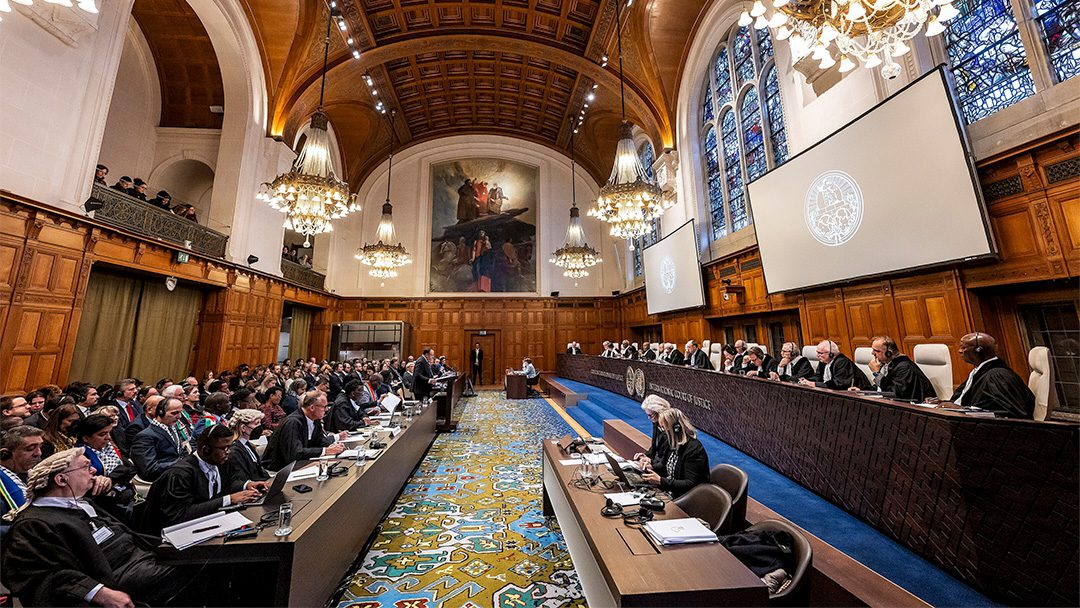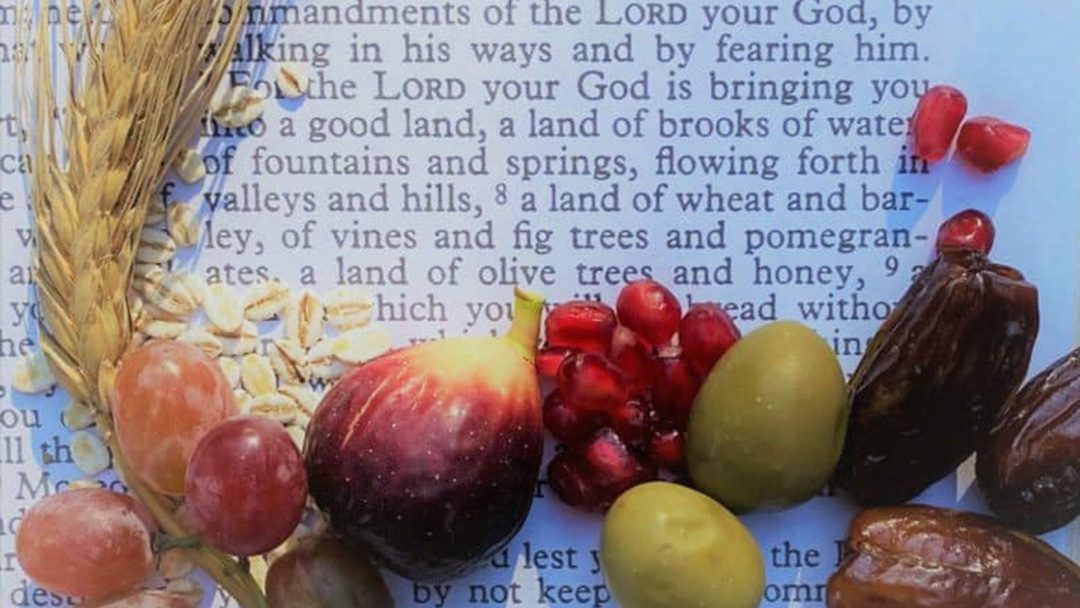The deadly attack on the Tree of Life Synagogue sent shock waves around the world. USA Today published an article: “Rising anti-Semitic hatred is changing Jewish life across the United States.” The story came immediately after the terror attack at Chabad Synagogue near San Diego. This event came a mere six months after the mass shooting at the Tree of Life, Pittsburgh.
A CNN survey conducted across Austria, France, Germany, Great Britain, Hungary, Poland and Sweden highlights active anti-Semitism in Europe. Forty percent said Jews were at risk of racist violence in their countries.
The Anti-Defamation League reported 1,879 anti-Semitic incidents in 2018, the highest since 1979.
In her diary Ann Frank wrote: “If we bear all this suffering and if there are still Jews left, when it is over, then Jews, instead of being doomed, will be held up as an example.” Her words lead us to two very important dates on the Jewish calendar—17th of Tammuz and the 9th of Av. (July 11 to August 10/11) Significantly they represent the anniversary dates for the destruction of the First and Second Temples.
The three weeks between these two days is known as ‘within the straits,’ (Hebrew ‘bein hametzarim’) from Lamentations 1 : 3 “All her oppressors have overtaken her within the straits.”
The Hebrew for ‘straits’ (bein hametzarim) contains the word tzar which means ‘narrow’ but also means ‘anguish’ or ‘distress.’ For three weeks the hazardous years of exile, persecution and anguish is recalled. Joy is suppressed – no weddings are held, no music is played. Haircuts or shaving are both discouraged.
Christians can consider Jesus and Isaiah 53 – ‘a man of sorrows, acquainted with grief.’ He relates to this season.
This time of reflection is of great significance for a people who have prospered despite the hate. As the people sink into sorrow, a bible verse comes to mind: “Comfort, comfort my people, says your God.” (Isaiah 40).
“Within the Straits” begins on the 17 of Tammuz a minor fast with a major history. On this day five events are specifically remembered.
Moses broke the tablets at Mount Sinai, in response to the sin of the Golden Calf.
The priests in the First Temple stopped offering the daily sacrifice because Jerusalem was under siege and they ran out of sheep.
The walls of Jerusalem were breached by the Romans, in the Second Temple period.
A Roman general, Apostomos, burned a Torah scroll. In like manner others have burnt Jewish books though the centuries.
An idol was erected in the Temple by the Romans, a wicked act of blasphemy.
Three weeks later Tisha B’Av, (the ninth day of the Jewish month Av), the fasting and grieving is intensified. On the Gregorian calendar Tisha B’Av begins sunset August 10, through sunset 11th. (Note the Jewish day goes from sunset to sunset).
Many tragic events occurred on Tisha B’Av:
- The sin of the spies caused Hashem to decree that the Children of Israel who left Egypt would not be permitted to enter the land of Israel.
- The first Temple was destroyed.
- The second Temple was destroyed.
- Betar, the last fortress to hold out against the Romans during the Bar Kochba revolt in the year 135, fell, sealing the fate of the Jewish people.
- In 1492, King Ferdinand of Spain issued the expulsion decree, setting Tisha B’Av as the final date by which not a single Jew would be allowed to walk on Spanish soil.
- World War I—which began the downward slide to the Holocaust—began on Tisha B’av.
This poem speaks of the emotion.
‘We sit forlornly on the ground, lamenting, yet we do not mourn alone. God clothes the skies with darkness and covers them with sack, He clouds the light of sun and moon, and dims the twinkling stars. He rends His purple robes and walks barefoot, sits lone and silent as He weeps and asks again, “Where are you?”’
This day is remembered as the saddest day. Those who suffered and died are remembered and honoured. In the words of a Jewish prayer: “As long as we live, they too will live; for they are now, a part of us; as we remember them.”
Rabbi Lord Jonathan Sacks MBE wrote: “Jews survived all the defeats, expulsions, persecutions and pogroms, the centuries in which they were regarded as a pariah people, even the Holocaust itself, because they never gave up the faith that one day they would be free to live as Jews without fear.”
Paul exhorts us to ‘weep with those who weep.’ (Romans 2:15). This can be a sensitive time of connection and understanding between Jews and Christians.
The sanctity of the Temple featured prominently in the lives of Jesus and His disciples. The Apostle Luke tells the story of Jesus as a 12 year old boy sharing with the teachers in the Temple.
Those men were amazed at his wisdom and understanding. (Luke 2: 41-52)
Another disciple Matthew told of Jesus defending the sanctified nature of the Temple. He drove money-lenders and merchants from the Temple calling it His house, a house of prayer, and charging that it had become ‘a den of robbers.’
His beloved disciple John wrote about Jesus talking with a widow. “Salvation is from the Jews,” He told her. He also said the day would come when the Father would be worshipped in Spirit and Truth. (John 4:20-24)
The Jewish sage Jeremiah wrote prophetic words. “Look, the days are coming,’ declares Yahweh, ‘and I will make a new covenant with the house of Israel and with the house
of Judah.” (Jeremiah 31: 31)
A few days after Tisha B’Av comes Tu B’Av, a very interesting celebration. It does not appear in the Torah but was established during the Second Temple period. It is a time of great joy, laughter and dancing. Scribes says it is like an ancient Valentine’s Day.
I read an interesting analysis. The author called it ‘the festival of future redemption.’ (Tu B’Av – the 15th of Av: Love and Rebirth. Chabad.org)
Remember this “There is a time for everything….a time to weep and a time to laugh, a time for mourning, and a time to dance.” (Ecclesiastes 3:1,4)
‘Within the straits’ is a narrow season.
Consider Psalm 30:11 “You have turned my mourning into dancing for me; You have taken off my sackcloth and clothed me with joy.” Remind our Jewish friends love conquers all.












0 Comments